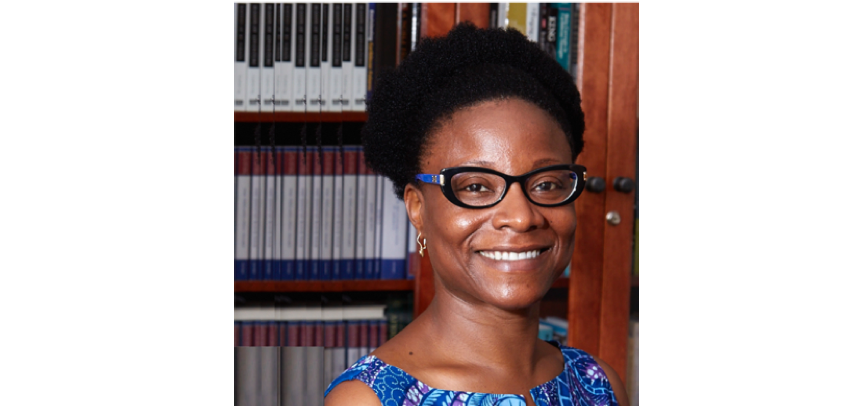March 14, 2018 marks the assassination of black lesbian councilwoman Marielle Franco right after she left an event in Rio de Janeiro focused on black women’s empowerment. Every 23 minutes, a black youth is killed in Brazil, and Marielle born and raised in the Maré favelas, had spent much of her political life making this fact visible. The lecture will focus on the violence against LGBTQ people as profoundly connected to a gendered antiblack genocidal project already taking place. I argue that LGBTQ people are marginalized and policed because of their gender and sexuality as well as their racial and class status. Neighborhood location matters, and just as black and poor people are being violently pushed to the spatial margins of the “modern” city, so are LGBTQ spaces and people being erased from the urban environment. I focus on the Gamboa de Baixo neighborhood located below Contorno Avenue in Salvador, Bahia, which is fighting an eviction campaign sweeping the city-center. I emphasize how poor black women leading the struggle against forced dispossession have unveiled the gendered racial and homophobic dimensions of urban renewal practices and discourses. This intersectional political praxis in anti-eviction movements has broadened the perspective that the violence of militarized police forces used to maintain spatial order is rooted in white supremacist patriarchy and homophobia, and what Brazilian activists have termed “lesbophobia.” Despite the violence, I show how discourses and claims for the “right to the city” have fueled a sexual revolution in black communities, where “erotic autonomy” (Lorde 2007) has become an anti-genocidal practice.
Keisha-Khan Y. Perry is currently an Associate Professor of Africana Studies at Brown University where she specializes in race, gender and politics in the Americas, urban geography and questions of citizenship, intellectual history and disciplinary formation, and the interrelationship between scholarship, pedagogy and political engagement. Her first book, Black Women against the Land Grab: The Fight for Racial Justice in Brazil (fall 2013, Minnesota Press), is an ethnographic study of black women’s activism in Brazilian cities. She currently has three book projects under way: 1) Evictions and Convictions: The Gendered Racial Logic of Black Dispossession in New York City; 2) The Historical Paradox of Citizenship: Black Land Ownership and Loss in the Americas; and 3) Anthropology for Liberation: Research, Writing and Teaching for Social Justice.

